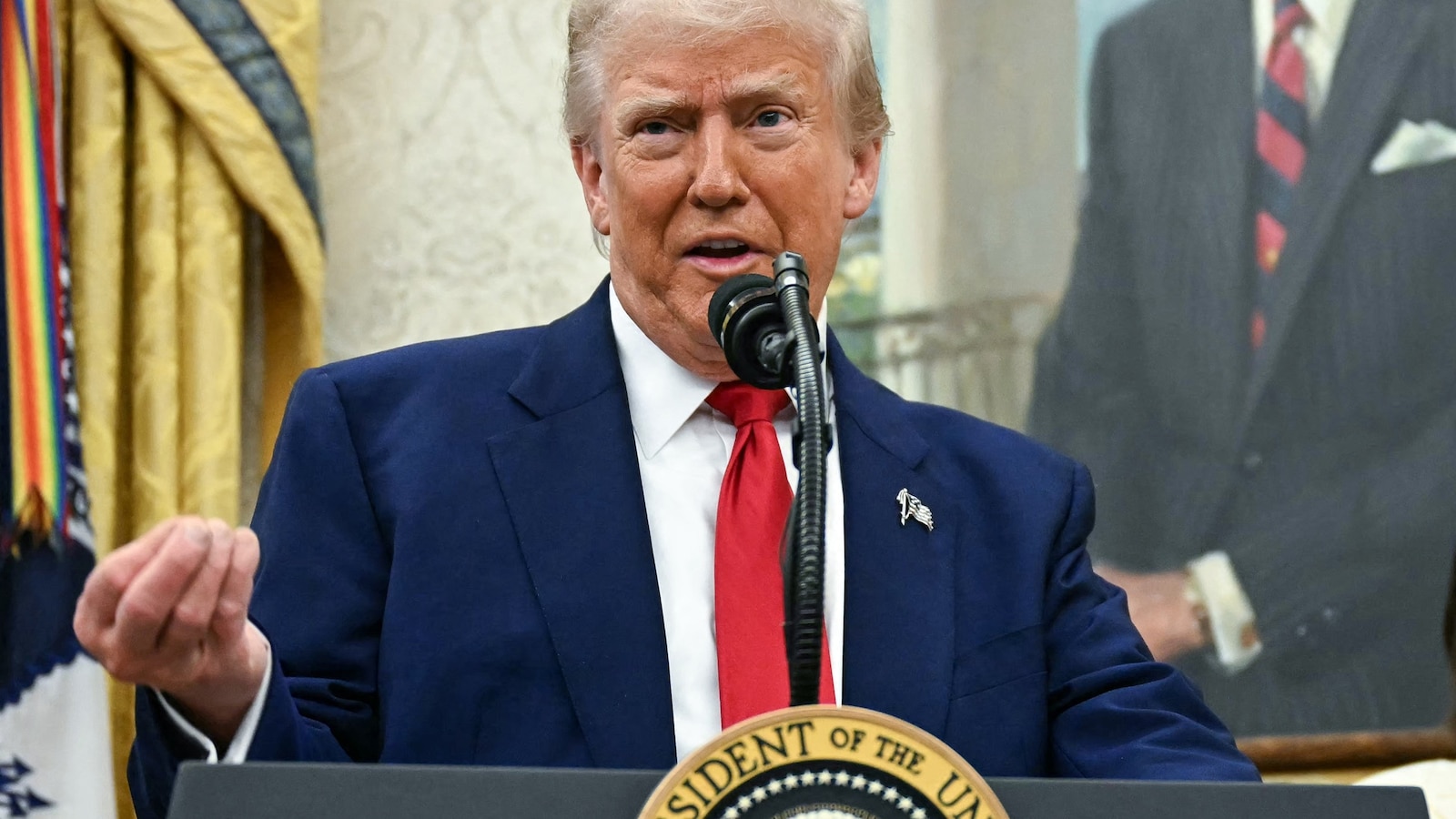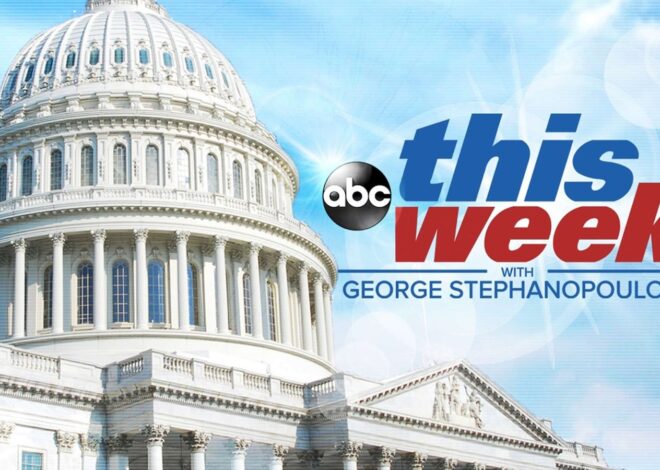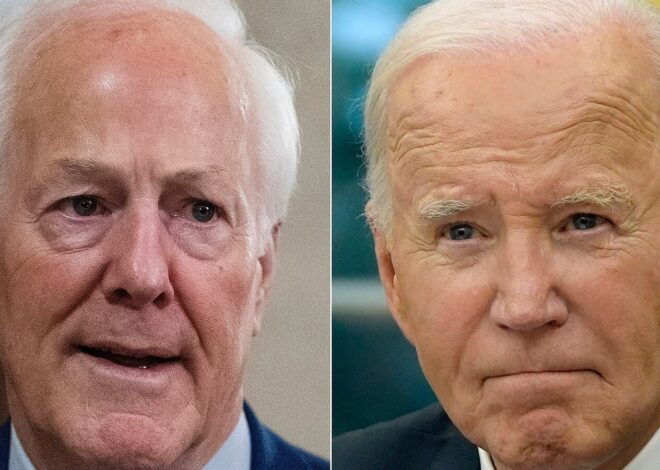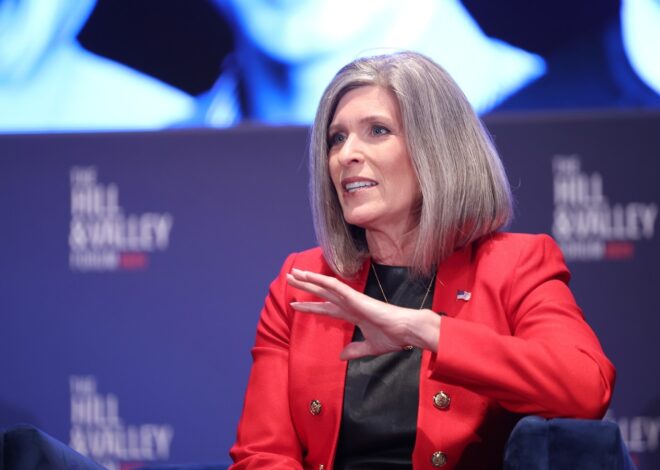
Trump Reacts Strongly to Viral ‘TACO Trade’ Meme: What’s the Meaning Behind It?
A Taste of Controversy: The TACO Trade Debate
Maybe this is how the rumble of economic discourse begins, with a casual quip that snowballs into a broader conversation. TACO trade-a term that sounds almost delectable, yet leaves a bitter flavor in the political palate. A mere acronym, “Trump Always Chickens Out,” coined by Financial Times columnist Robert Armstrong, has rippled across Wall Street and sparked robust discussions online. It speaks to a particular sentiment around President Donald Trump’s fluctuating tariff policies.
In the bustling world of finance, where every decision can cause tremors, TACO trade has become a buzzword. Investors have cleverly seized opportunities, buying stocks at slashed prices when Trump announces new tariffs or raises existing ones. As the president frequently pivots-backing off from stern tariff measures or delaying deadlines-markets rebound, and savvy investors pocket gains. Wall Street, with its ever-watchful eye, has found a way to dance with the unpredictability.
Reporters in the Oval Office, where tension often mingles with curiosity, posed the question to Trump. “Oh, I chicken out? Isn’t that nice? I’ve never heard that,” he responded, a hint of irritation in his tone. For the president, defending his strategic choices is almost routine, yet the viral jab struck a nerve. Slashing tariffs on China for 90 days and postponing significant European Union tariffs until July 9th was a move he didn’t see as backing down. Rather, in his view, it was a gesture of aid to China, grappling with economic challenges. “We were basically going cold turkey with China,” he remarked, suggesting a calculated easing rather than retreat.
The legality of these tariffs remains a tangled web. Announced on what Trump hailed as “Liberation Day,” these sweeping changes have upended decades of established trade policy. They have sent shockwaves through global commerce and left the stock market oscillating. A recent decision by the U.S. Court of International Trade found Trump might have overreached by invoking the 1977 International Emergency Economic Powers Act to declare a national emergency for imposing such tariffs. The administration has swiftly appealed, pushing the legal battle further down the line, with proceedings scheduled through June 9.
In a world where policy can pivot on a single decision, the impact of Trump’s tariffs is anything but static. This fluidity, perhaps, is what keeps the debate alive, each change a ripple in a vast economic ocean. The courtroom, with its gavel of judgment, holds the next act of this unfolding drama.
For those invested-whether financially or merely as spectators-the TACO trade saga is more than a headline. It’s a reflection of how economic strategies play out in real time, how global relations hinge on decisions made within the hallowed walls of the Oval Office. Maybe in the coming months, we’ll see where this narrative takes us… until then, the conversation continues.
For a deeper look at the impact of these tariffs, this article from ABC News offers a detailed perspective.



